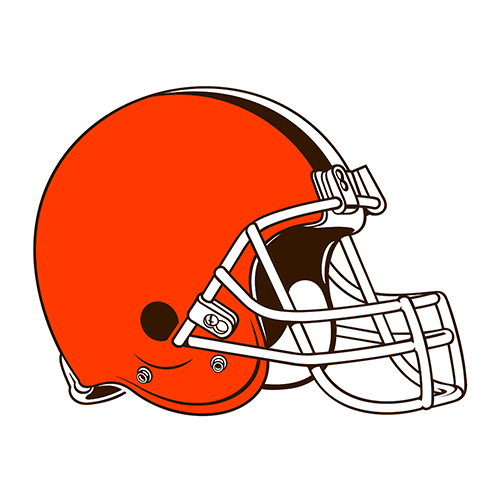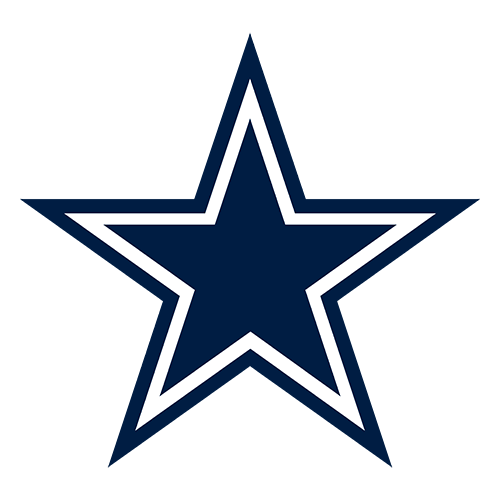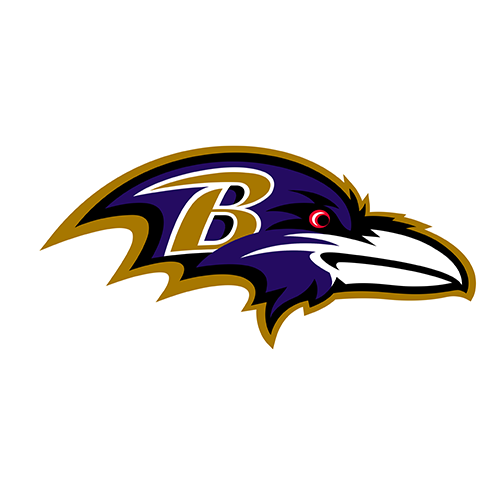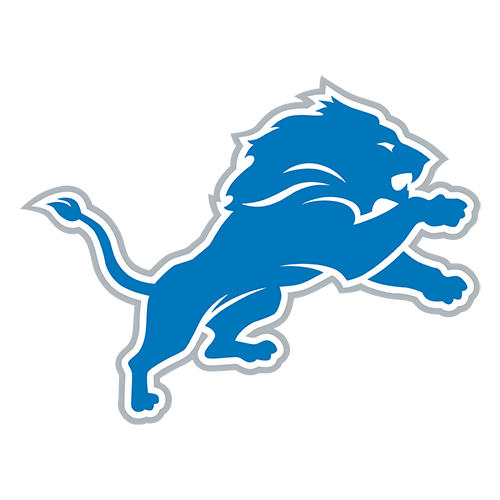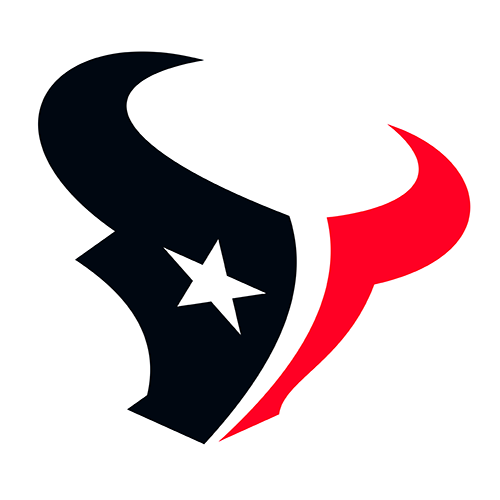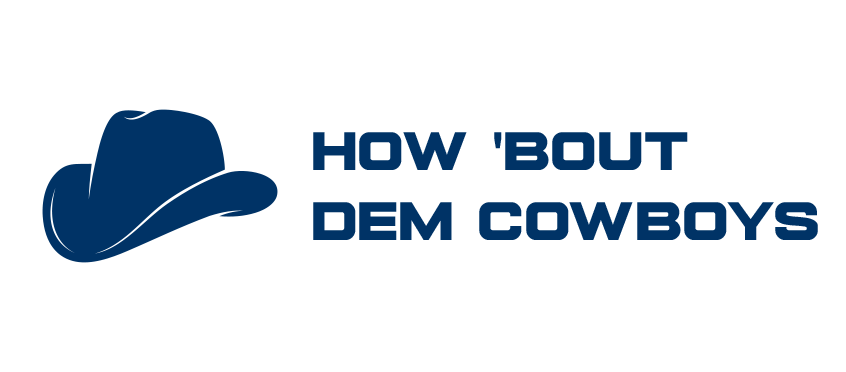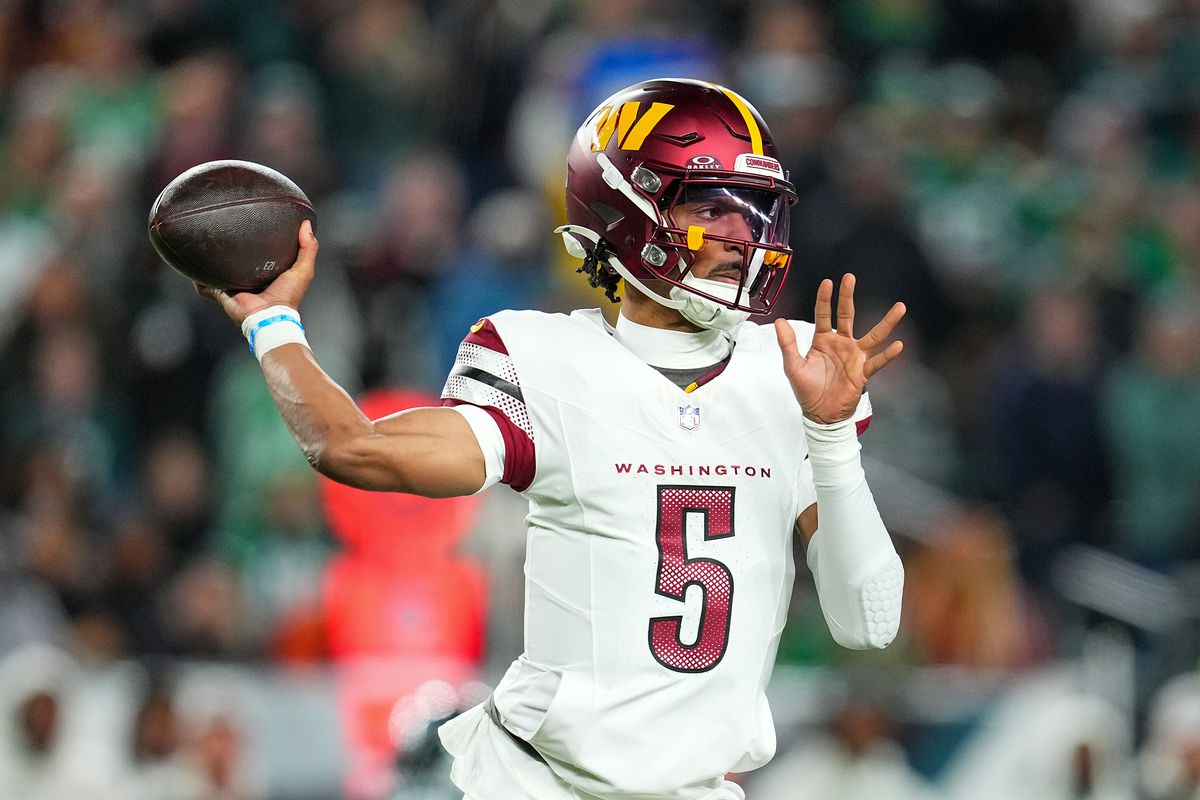
Photo by Mitchell Leff/Getty Images
When Dan Quinn left the Cowboys this past offseason to take the head coaching job for the rival Commanders, he knew this would probably be his last chance at having the top job. With Washington picking second overall in the draft, the chance to land one of the top three quarterbacks was right there, but Quinn needed to have the right scheme in place.
The last time Quinn was hired to be a head coach, he knocked it out of the park. Going to Atlanta and inheriting veteran Matt Ryan, Quinn already had plenty of offensive firepower. He hired Kyle Shanahan, who resigned from his position as the Browns offensive coordinator to join Quinn. At the time, Shanahan was more known as simply the son of legendary coach Mike Shanahan, but hadn’t really made a name for himself yet. That changed rapidly in Atlanta.
In Washington, Quinn needed to have similar success, so he went with a stacked cast of offensive coaches. First, he tapped Kliff Kingsbury to be his offensive coordinator; Kingsbury had an unsuccessful tenure as the Cardinals head coach before spending 2023 as the quarterbacks coach for Caleb Williams at USC. Quinn added Brian Johnson as the assistant head coach and pass game coordinator; Johnson had just been fired after one season as the Eagles offensive coordinator, but had a very successful track record in college. And, for good measure, Quinn brought in Anthony Lynn, a former Chargers head coach who came from Shanahan’s 49ers, to be the run game coordinator and running backs coach.
This trio was entrusted with crafting an offense around the newest franchise quarterback, which was soon revealed to be reigning Heisman winner Jayden Daniels. A dual-threat quarterback from California, Daniels initially committed to play for Arizona State under Herm Edwards. He earned rave reviews early on with the Sun Devils, but transferred to LSU when a massive recruiting scandal broke in Tempe.
With the Tigers, Daniels was the first face of new head coach Brian Kelly, a notoriously demanding coach with a penchant for getting the best out of his quarterbacks. In two years in Baton Rouge, Daniels went from an exciting player to an all-out star. He became one of the most lethal deep passers in the nation while still retaining the game-breaking running ability that earned him several comparisons to Lamar Jackson.
When Daniels came to Washington, his style seemed to perfectly fit with the triumvirate of offensive coaches he’d now be working with. Kingsbury hails from the Air Raid offense of Mike Leach, while Johnson cut his teeth in the Dan Mullen spread option that’s spawned numerous dual-threat legends; Johnson was also responsible for installing the bulk of the Eagles’ option run game with Jalen Hurts. Meanwhile, Lynn brought an exposure to a wide variety of run schemes in the NFL, including the highly successful one that Shanahan has made so popular in San Francisco.
The idea was to meld the traditional NFL schemes with the college schemes that had made Daniels so successful. And so far, through 11 weeks, it’s been a big success. Daniels is completing 68.7% of his passes and ranks third in the league in EPA/dropback. He has 2,338 passing yards on top of 482 rushing yards and has notched 14 total touchdowns to just three turnovers. He leads the league in scramble yards and ranks eighth in yards per attempt while also having the third-lowest turnover worthy play rate among starting quarterbacks.
To put it simply, he’s making big plays with both his arm and legs without putting the ball in jeopardy.
The scheme is partly to thank for that. The Commanders are one of the more run-heavy offenses in the league right now, with only four teams calling a lower rate of pass plays. Two of those teams are Jackson’s Ravens and Hurts’ Eagles, unsurprisingly. The running back duo of Austin Ekeler and Brian Robinson has proven effective, and Daniels’ rushing threat has made it difficult for defenses to key in on one player. As a result, Washington is currently second in the league in EPA/rush, behind only the Eagles.
When the Commanders do throw the ball, though, they’re getting big plays: Washington is tied for fifth in pass yards per play on the year. Kingsbury has done his best to make things easier on Daniels too, as the Commanders rank third in play-action and second in screen usage. A year ago, Washington’s offensive line gave up the most sacks of any team. The high rate of play-action and screens this year has helped Daniels with pressure, as the rookie is currently in the middle of the pack in sacks.
One of the bigger criticisms of Kingsbury’s offenses in Arizona was his lack of passing between the numbers. That’s a reflection of the differences between college and the pro’s, as the dimensions of a college football field make it more advantageous to throw outside the hashmarks. In the NFL, there is more value to be had throwing inside, and Kingsbury never really adapted to that in Arizona. He’s changed now, as Daniels is throwing 52% of his passes between the numbers; he’s also ninth in EPA/dropback on said targets, another example of Kingsbury playing to his quarterback’s strengths.
The only thing that has slowed down this Commanders offense has been injuries. Daniels injured his ribs in a Week 7 win over the Panthers, though he’s continued to play through it. Initially, he looked as if nothing had changed, but Daniels has put up his two worst games of the year (and the only two games in which he’s posted a negative EPA/dropback) in the last two weeks, both of which have been losses.
As the Commanders prepare to face off against the Cowboys, that could be trouble for Washington. Micah Parsons has been back for a few weeks and going full steam ahead, and both Marshawn Kneeland and DaRon Bland could be returning from injury for this game as well. If Daniels still isn’t at full strength, that could be a recipe for disaster if you’re a Commanders fan.
Still, though, Washington has a great run game that they can lean on. Given how that’s been this defense’s kryptonite all year long, it seems likely that Washington will have answers for whatever Mike Zimmer throws their way. It’s just a matter of actually doing it once the first whistle blows.
